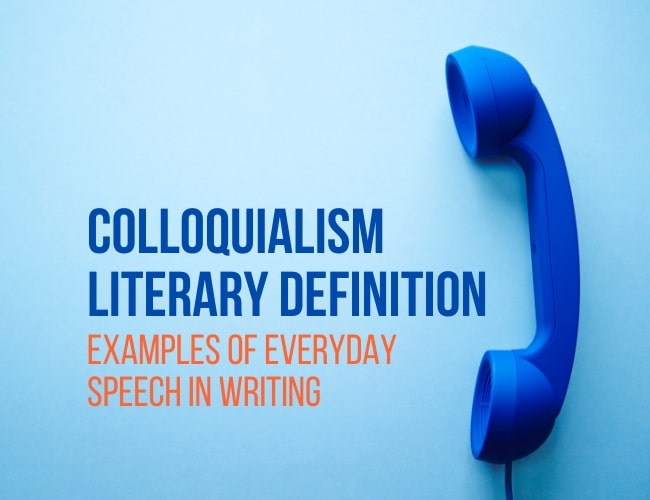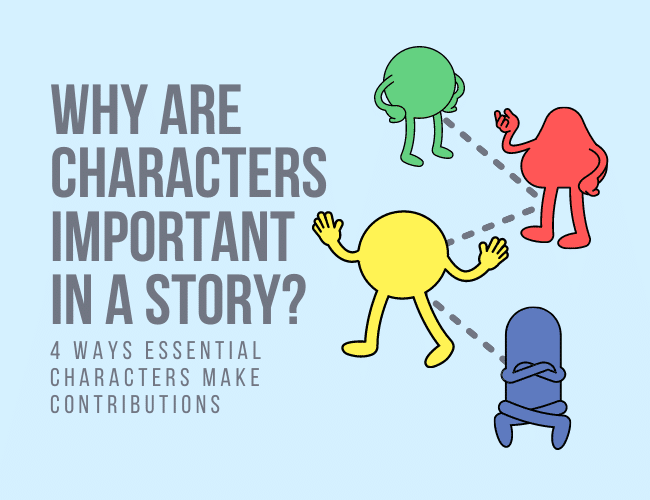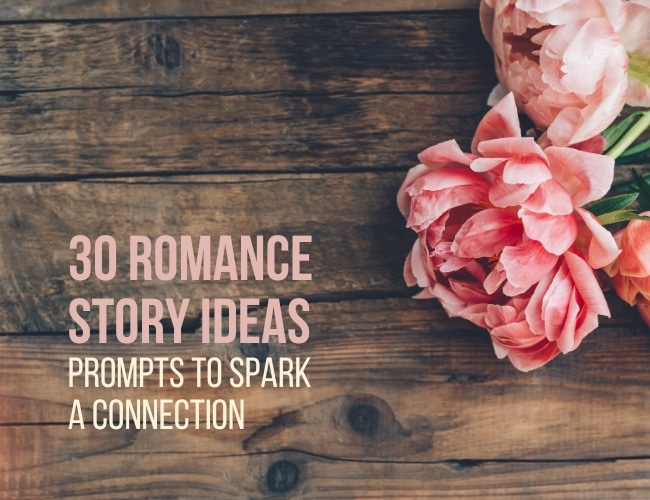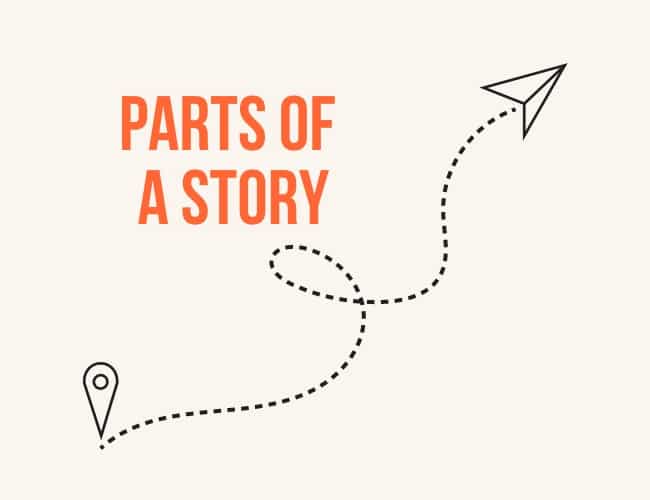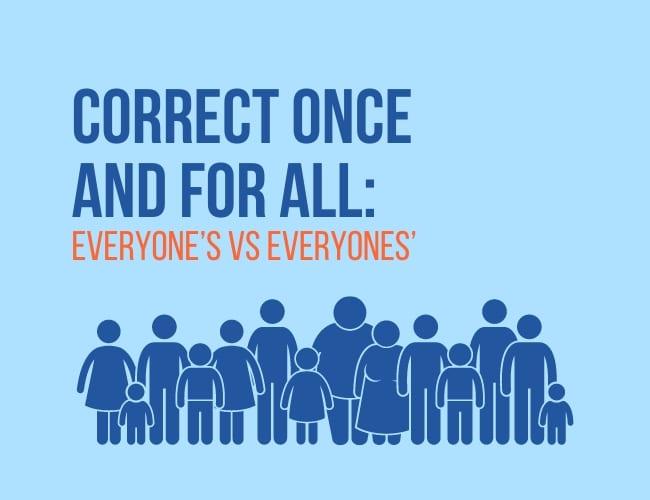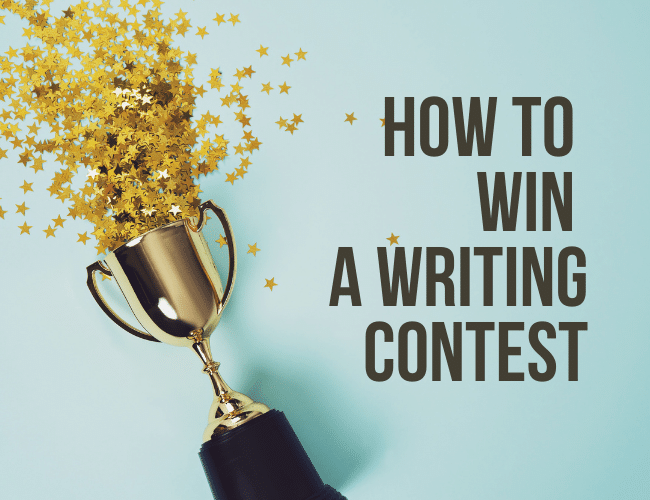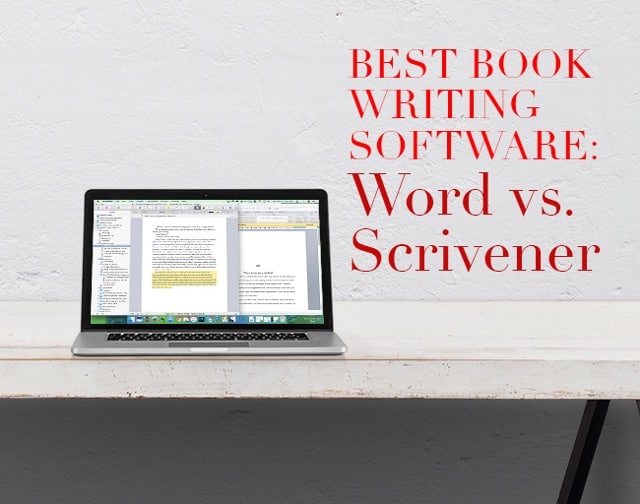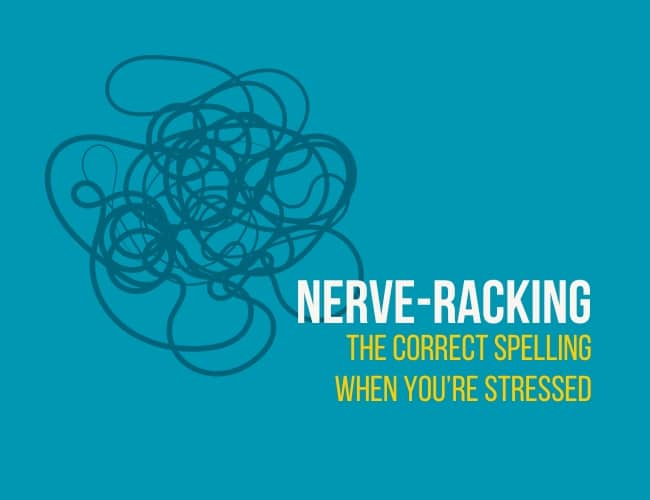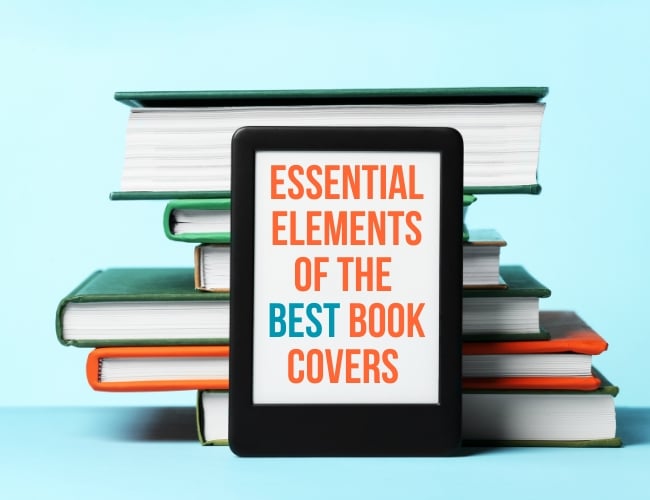According to Merriam-Webster, a colloquialism is “a colloquial expression.” Wasn’t that helpful?
When we look up “colloquial,” we learn that it means, “used in or characteristic of familiar and informal conversation.”
So, a colloquialism is an expression used in or characteristic of casual speech. It can also be a local or regional dialect expression. This is critically important to understand as you write dialogue for characters.
